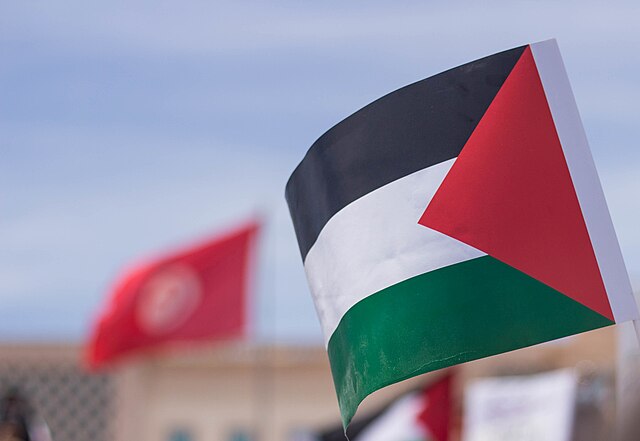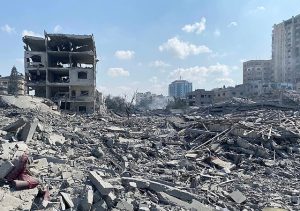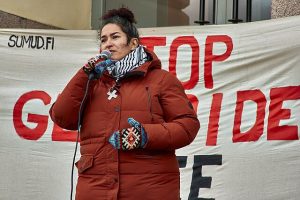
BRAHIM GUEDICH
By Brahim Guedich, on May 15 2021, from Wikimedia Commons
While preparing to launch a new ground offensive, Israel has called up 60,000 reservists, and has extended the service of 20,000 more, all in preparation for what officials describe as a “gradual, precise, and targeted” operation. Though operations are supposed to begin in September, troops have already been positioned on the outskirts of the city, particularly in Zeitoun and Jabalia.
The goal of these operations is to “move into a new phase of combat”. More specifically to seize full control of Gaza City, which Israeli officials claim, serves as “Hamas’ main military and governing stronghold”. Stating that troops will focus on areas where the Israeli military has not yet operated.
This move comes amid ongoing ceasefire negotiations. In fact, Hamas has accepted a 60-day truce proposal, one that includes the release of some hostages in exchange for Palestinian prisoners, however Israeli authorities have yet to formally respond.

Israel has stated that their current objectives now are to ensure that “Hamas and other militants can never again threaten Israel” as well as to secure the release of all remaining hostages (20 of the 50 still believed to be alive).
According to Gaza’s health ministry, since the beginning of the conflict, more than 62,000 Palestinians have been killed, with women and children accounting for about half of those deaths. Not to mention that the BBC also reports that 90% of homes are estimated to be either damaged or destroyed.
It’s with these conditions in mind that the UN has put out a statement saying that these operations could cause “horrific humanitarian consequences. Especially for those who have already been displaced, many of whom are taking shelter in or near Gaza city, as it’s one of the last areas with remaining infrastructure.

In light of these conditions, the UN has issued a statement saying that the upcoming operations could cause “horrific humanitarian consequences,” especially for those who have already been displaced. Many of whom are sheltering in or near Gaza City, as it is one of the last areas with remaining infrastructure.
However, despite these warnings, Israel is planning for additional mass displacement, stating that civilians will be instructed to move south ahead of operations. They’ve begun setting up new shelters, aid distribution points, and field hospitals in southern Gaza. However aid agencies warn that hospitals are already beyond capacity, and food and medicine shortages are continuing to worsen.